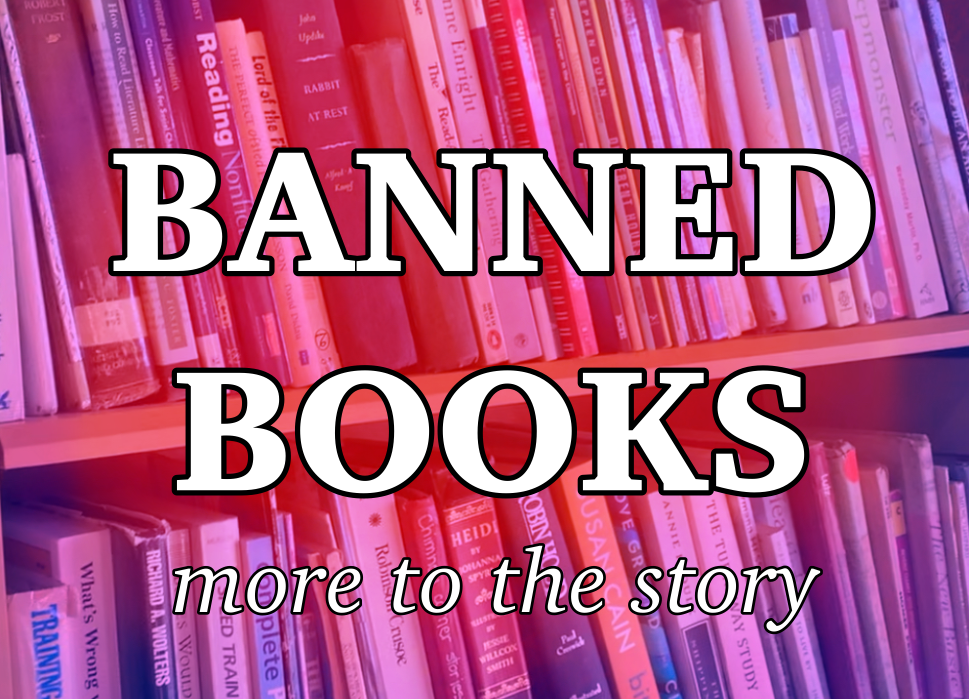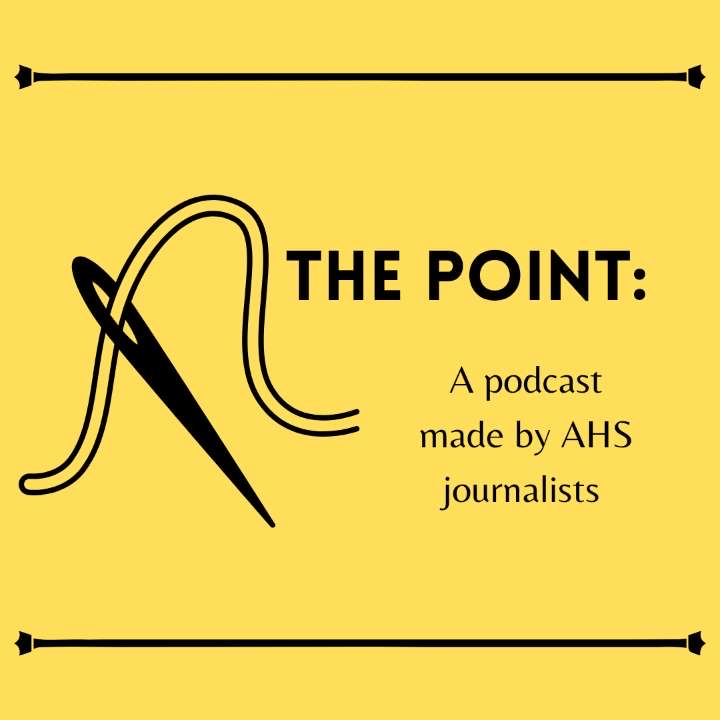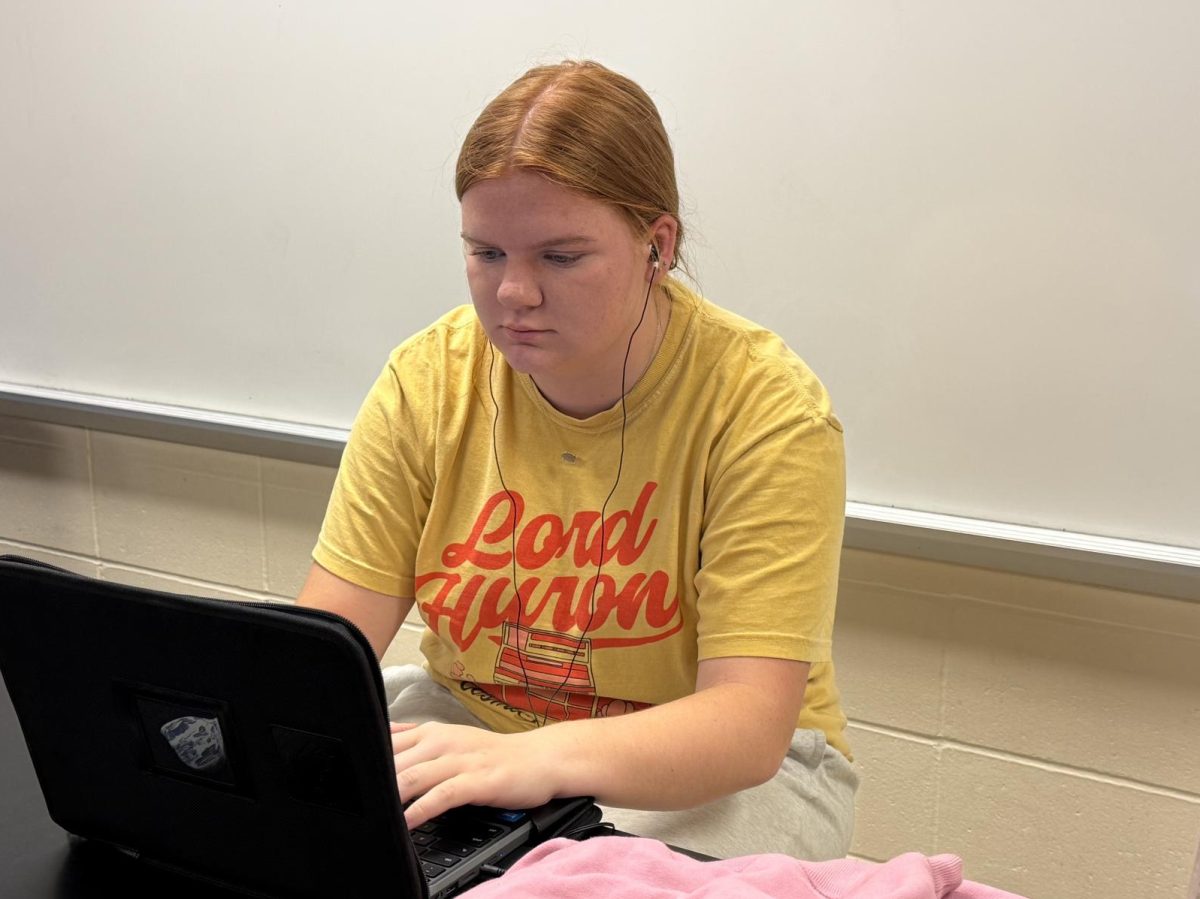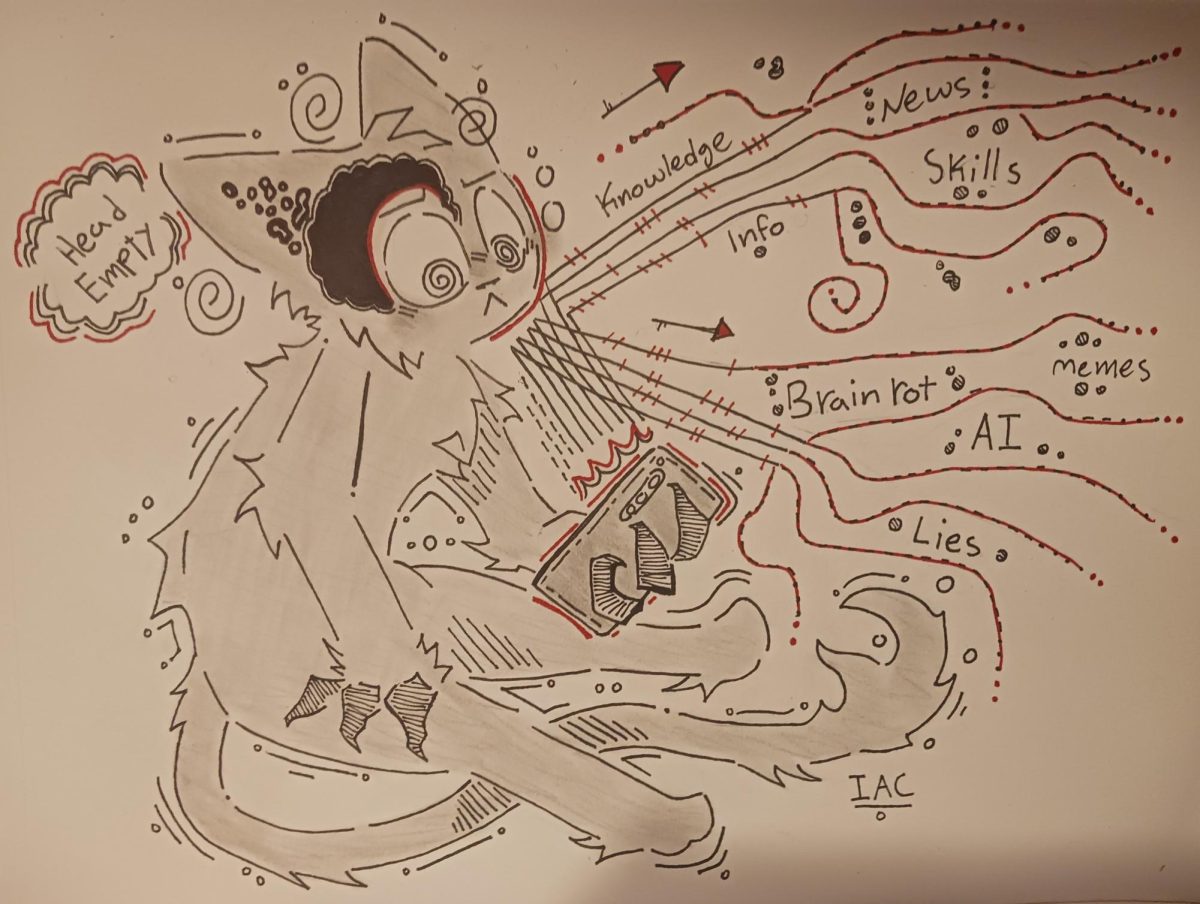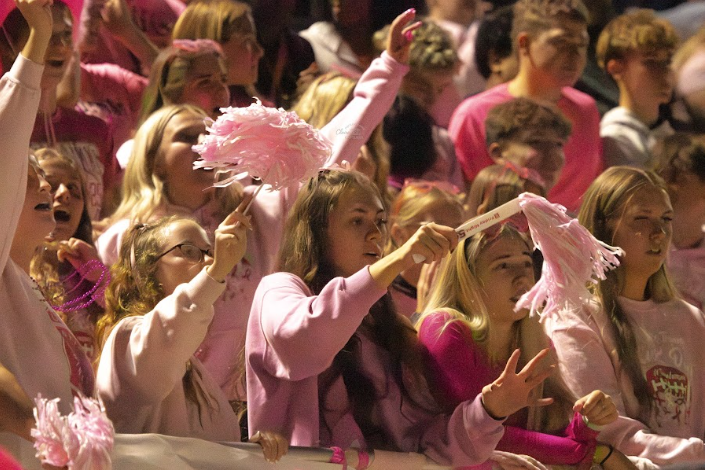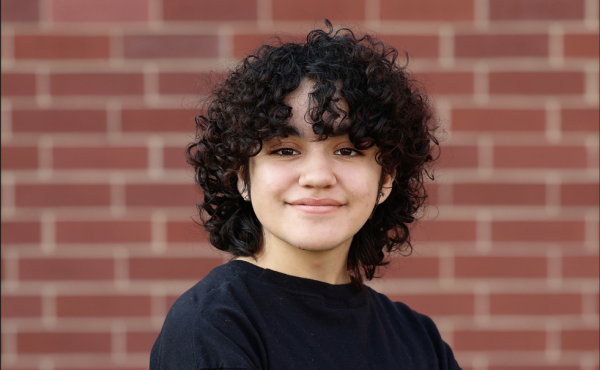It’s been over one year since Senate File 496 restricted reading material across all school districts in Iowa, and the “banned book” law’s waves of impact ripple on.
A short-term survey was held school-wide to determine the different views on banned books. Available for three days, students and staff alike answered questions on whether they had read a banned book before, their feelings on it, and their opinions on Iowa’s law. Of the 33 total respondents, 23 responded “yes” to having read a banned book in the past, with eight of those people replying “I go out of my way to read banned books.” Of the 11 banned book titles offered in the survey, “The Fault in Our Stars” by John Green was read by 34.5% of respondents. “The Perks of Being a Wallflower” by Stephen Chbosky, “The House of Hades” by Rick Riordan, and “Thirteen Reasons Why” by Jay Asher were tied for the second-highest-read books (24.1%).
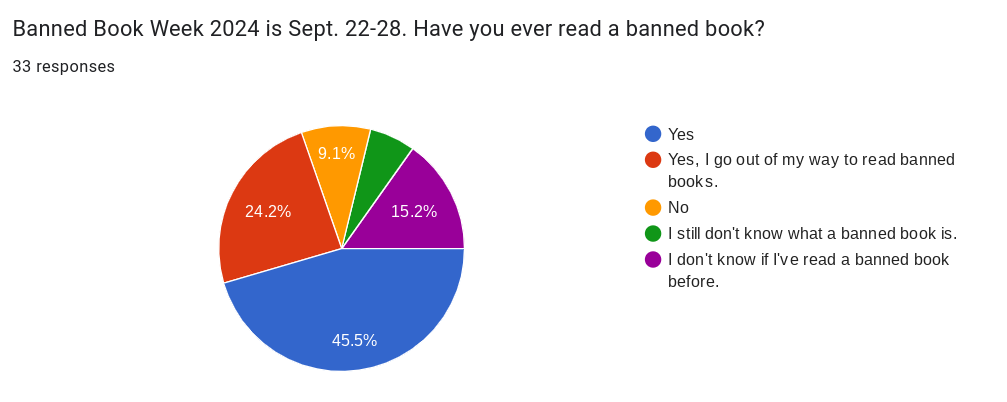
The pros and cons of book bans are still debated, with school teachers and parents of students playing a major part in both sides of the discussion. High school English teacher Alexandra Griffin-Uren views the law from these two perspectives. “As a teacher and a parent, I do think some books should be banned,” she said in an open-answer response to the survey. “However, I do think some of the banned books should not be.” She has read “The Giver” by Lois Lowry, an award-winning book that is challenged mainly for its violent themes but the removal is also at times cited for brief mentions of sex and nudity. Griffin-Uren said the book incited a love for reading within her and could do the same for students, and as a parent, what she allows her children to read is based on their maturity level. “There are some [books] that are way out there and I wouldn’t feel comfortable having my students have access to [them], or my child. But I do think that there are some that should be okay, and… maybe just come with [a] warning label.” She said that what a child can or cannot read should be discussed with their parents, and “as a parent, I wouldn’t want someone stepping on what I believe or think.”
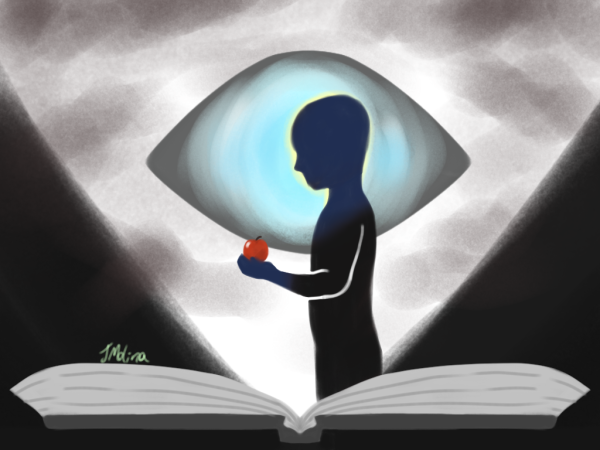
Despite some parents’ concerns leading to the law, freshman Gabrielle Engler’s father was the one who introduced her to her favorite banned book. “The Perks of Being a Wallflower” by Stephen Chbosky is number five on the top 10 list of banned books in Iowa schools. The novel and its movie adaptation have won numerous awards and much praise, but despite that, it remains contested on whether it’s suitable for people under 18. “That book, like, really made me…it’s eye-opening,” said Engler. The coming-of-age story helped Engler understand viewpoints apart from her own, and seeing the main character struggle with his mental health “pushed me to start getting better for myself.” Engler has mixed feelings on the book ban because she understands how some books make people too uncomfortable to read, but for the law itself, “I do really hate it.” “People have…the choice to put the book down if it makes them uncomfortable. I don’t think the school really needs to put like, so many restrictions.”
While book bans restrict readership, pro-reading organizations work to increase the readership of these books. The second annual Banned Wagon tour is a nine-stop road tour that visits bookstores and libraries in “communities with a high volume of book bans and challenges.” Their mission statement is to “save our stories.” One way the tour does this is by giving out free copies from their selection of 20 books while supplies last. Griffin-Uren said, “I honestly think banning books has created a love for these banned books like it’s almost done the opposite of what they’re wanting. It’s not deterring people, it’s actually encouraging people.”
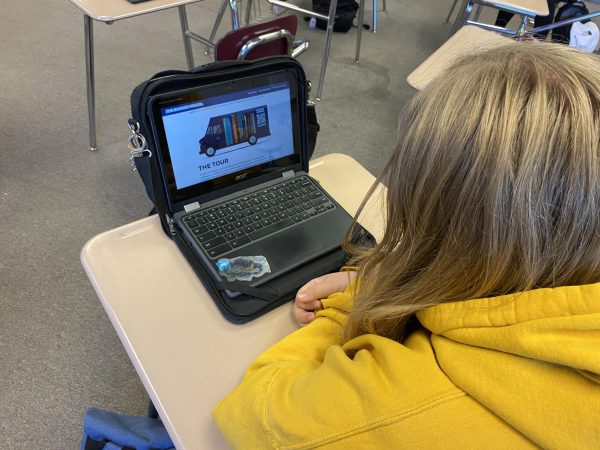
Para-educator Nolan Williams is someone who was positively impacted by reading several banned books. “‘Kite Runner’ I remember specifically from a World Literature class I took in high school. It was very eye-opening,” said Williams. “The Kite Runner” by Khaled Hossein is number six on the top-10 list of Iowa school’s banned books. Williams cited the book as a guiding force towards his degree in geology with a minor in political science, his focus being on human culture. “[It was] a big eye-opening moment that there are different people vastly different from me, yet I can still connect with their words and how they express themselves and so on.”
Williams said that instead of avoiding banned books, people should instead learn from them, understand them, and think about why they might disagree with them. “Ignorance is the root of a lot of hatred in the world.”
Both Engler and Williams said that they felt that book bans unfairly targeted material with LGBTQ+ themes and characters. Williams said that he works with students in this community, and having restricted resources “isolates them. It doesn’t help them understand how they’re feeling and why they might feel the way they’re feeling.”
Engler said that reading banned books could open other people’s eyes and minds as it did for her, while Griffin-Uren felt that some banned books could inspire a love for reading in students who didn’t feel it before. Williams disagrees with the book ban and how it affects books that are not part of the issue, comparing it to a miscast “fishing net.” Nevertheless, at this time Senate File 496 stays on the books as an invisible but prominent force in school libraries across the state, affecting students in all districts one way or another.

